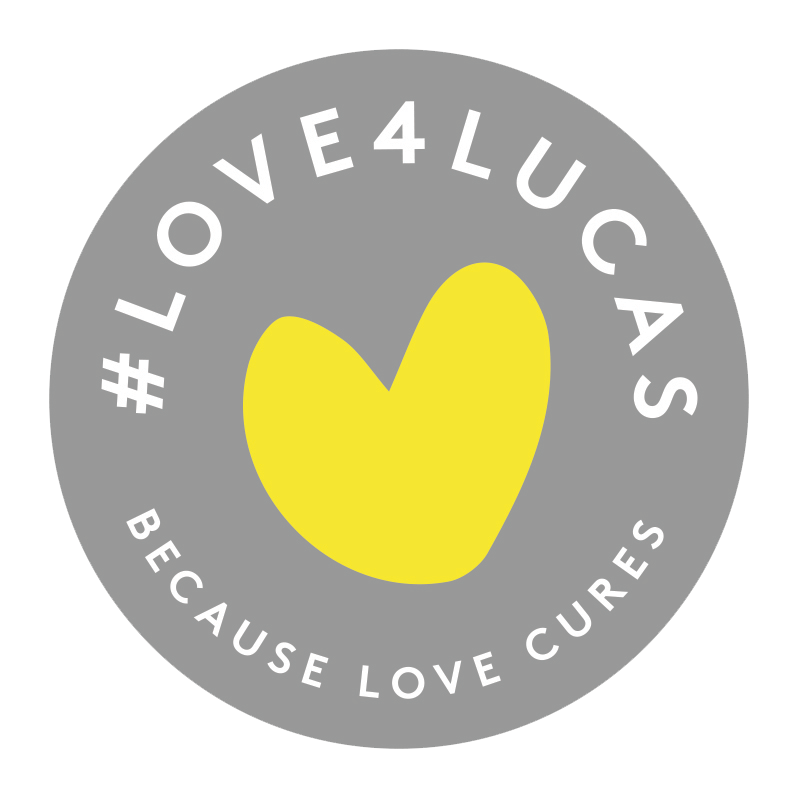Why Focus on DIPG?
As parents learning about DIPG when our son was diagnosed, we were shocked that we had never heard of this deadly disease with no known causes or cures. It is both outrageous - and true - that there have been NO proven treatments developed for DIPG over the last 30+ years.
DIPG is a very difficult puzzle to solve for many reasons:
It’s "RARE"
While considered rare, ~250 previously healthy children diagnosed each year in the US feels like too many when the certain outcome is death. Still, it cannot compete with high-profile pervasive cancers for attention and funding.
It’s QUICK
The tumor grows and spreads aggressively. The average lifespan for kids diagnosed with DIPG is 6-12 months. 6 months. That doesn't leave a lot of time for trial and absolutely no room for error.
It’s SPREAD OUT
The disease doesn't form as a solid lump that can be surgically removed but rather as spread out clusters of cancerous cells located in the central stem where every single brain signal travels through.
It’s BRUTAL
Children diagnosed with the disease are often pumped with steroids to manage the swelling effects of radiation. Kids with DIPG are often bloated, cross-eyed, unable to walk, talk, eat, speak, etc. Regardless of our best human intentions, it is often hard to witness a child suffering in this way.
It’s likely to be THE KEY
As one of the toughest cancers to beat, there has been much scientific speculation that finding a cure for DIPG could unlock important answers for all other cancers. That's why many researchers believe it to be the HOMERUN cure.

